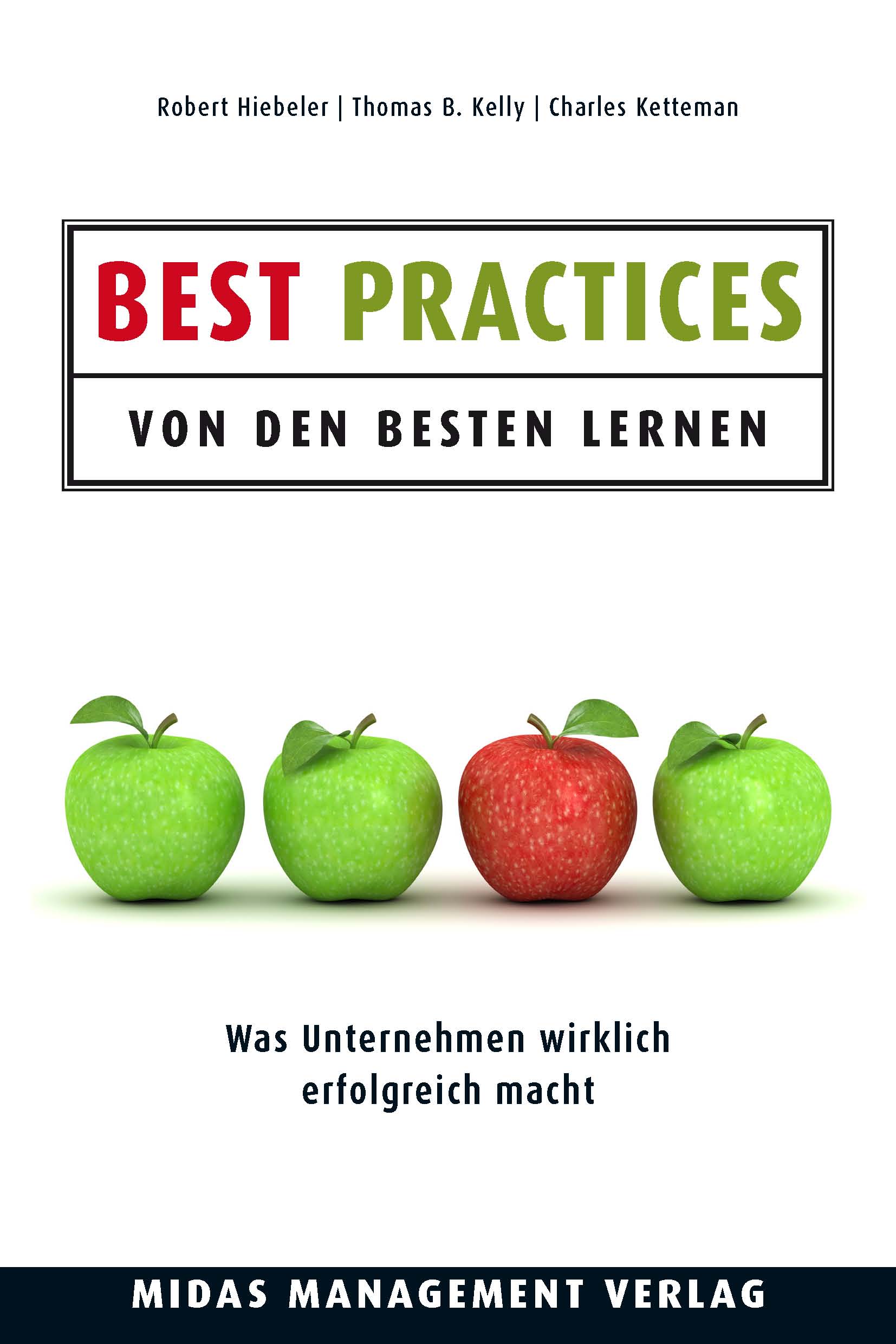 Understanding the Benefits, Types, and Best Practices of Organic Content
Understanding the Benefits, Types, and Best Practices of Organic Content
In today’s digital marketing landscape, businesses are constantly seeking effective ways to reach and engage their target audience. One strategy that has gained significant traction is the use of organic content. Organic content refers to any content that is distributed to audiences without the use of paid advertising. Instead, it relies on natural visibility through search engines, social media sharing, and other organic methods to reach its intended audience. In this article, we will dive into the benefits, types, and best practices of organic content.
One of the primary benefits of organic content is its cost-effectiveness. Unlike paid advertising, which requires a budget to reach your target audience, organic content can be distributed for free through channels like social media, email marketing, and search engine optimization (SEO). This levels the playing field for small businesses and startups with limited budgets, allowing them to compete with larger competitors. By leveraging organic content, businesses can drive traffic, build brand awareness, and establish credibility without the need for a significant advertising budget.
Another advantage of organic content is its ability to deliver long-term results. While paid advertising generates traffic only as long as the budget allows, organic content can continue to drive traffic and engagement over time. By creating high-quality, evergreen content that resonates with your target audience, you can attract new visitors to your website and build a loyal following that keeps coming back for more.
Organic content also plays a crucial role in building brand authority. By consistently creating valuable, informative content that addresses the needs and pain points of your target audience, you can position your brand as an authority in your niche. This helps build trust with your audience and increases the likelihood that they will choose your products or services over those of your competitors.
Now that we’ve explored the benefits of organic content, let’s take a look at the different types that businesses can utilize. Blog posts are a staple of organic content marketing. By creating high-quality, informative blog posts that address the needs and interests of your target audience, you can attract visitors to your website and establish yourself as an authority in your industry. Blog posts are also great for SEO, as they can help improve your website’s search engine rankings and drive organic traffic from Google and other search engines.
Social media posts are another important type of organic content. By sharing engaging, visually appealing content on platforms like Facebook, Twitter, and Instagram, you can reach a wider audience and drive traffic to your website. Social media posts are also effective for building brand awareness and engaging with your followers in real-time.
Video content is rapidly gaining popularity as a form of organic content marketing. By creating high-quality, engaging videos that showcase your products or services, you can attract new customers and build brand loyalty. Videos are highly shareable on social media, making them an excellent way to reach a larger audience and drive traffic to your website.
To make the most of organic content, it’s essential to follow best practices. Firstly, understanding your audience is key. Conduct market research and create buyer personas to tailor your content to address the specific needs and pain points of your ideal customers.
Quality should always take precedence over quantity when it comes to organic content. Instead of churning out large volumes of mediocre content, focus on creating high-quality, valuable content that resonates with your audience. This will help you build credibility and trust with your readers, leading to higher engagement and conversions.
Search engine optimization (SEO) is crucial for driving organic traffic to your website. By optimizing your content for relevant keywords, creating meta tags and descriptions, and building high-quality backlinks, you can improve your website’s search engine rankings and attract more visitors from Google and other search engines.
Lastly, once you’ve created your organic content, it’s important to promote it through various channels to reach a wider audience. Share your blog posts on social media, send out email newsletters with links to your latest content, and engage with influencers in your industry to help spread the word about your brand.
In conclusion, organic content is a powerful tool for driving traffic, building brand awareness, and establishing credibility in the digital marketing world. By creating high-quality, valuable content that resonates with your target audience and following best practices for organic content creation, you can attract new visitors to your website and build a loyal following that keeps coming back for more.
